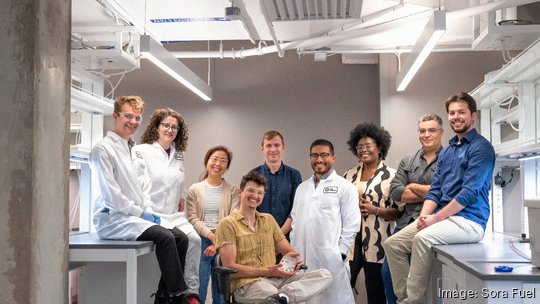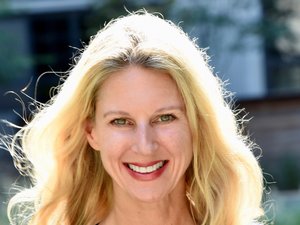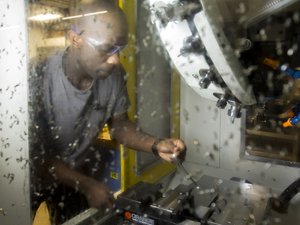
A startup producing sustainable aviation fuel using only water, air and renewable energy received $6 million in seed funding, led by Engine Ventures.
Sora Fuel, a Cambridge-based aviation fuel startup, launched in February 2023. It says it takes captured carbon and converts it into a mixture of carbon monoxide and hydrogen molecules known as syngas. Once captured and converted, Sora converts the syngas into sustainable aviation fuel.
The fuel startup’s process reduces the cost of direct air capture from $1,000 per ton to $20 per ton, according to Patrick Sarver, the co-founder and chief scientific officer at Sora. Overall, the process is less energy-intensive and has fewer steps than what is currently available, the company says.
“What we do is, we directly take that captured carbonate solution and convert it into more valuable products, cutting out all of these really hard, energy-intensive steps that you have to do at the moment to generate the gaseous stream of CO2,” said Sarver, a former Novartis employee and part-time venture investor at Engine Ventures.
Sora’s goal for the $6 million from the oversubscribed seed round is to facilitate its tech development and scale its product. To do that, Sora is looking to hire more scientists and technical employees and expand its lab space.
- Sign up for The Beat, BostInno’s free daily innovation newsletter. See past examples here.
The Sora team currently consists of nine people, operates out of The Engine Accelerator, and plans to stay there for the time being.
The startup has no immediate plans to hire; however, Sarver and the team plan to bring on three to five people, mostly in technical roles, over the course of this current round.
Sora Fuel claims to cut out 90% to 95% of the energy used by conventional methodologies. It claims to do this by using an electrolyzer in conjunction with what’s known as a bipolar membrane, which can dissociate water into protons and hydroxide when put into an electric field.
Sora uses the protons from this separation to generate CO2 and convert it into more valuable products. Meanwhile, the hydroxide can be recycled to capture the following carbon, allowing the team to close the loop in the process.
“Why haven't people done it before? They didn't think it could work. We've demonstrated that there is proof that this can work,” said Sarver.
“The only way we think we can make aviation carbon neutral is to make fuels that come from the very carbon dioxide emitted when you burn them. We think we have the best pathway to do that,” said Sarver.








